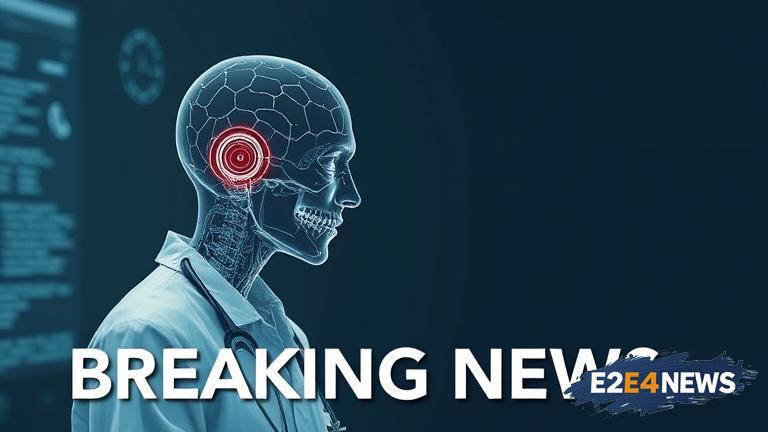The integration of artificial intelligence in healthcare has been a game-changer for the industry, enabling medical professionals to diagnose and treat diseases more accurately and efficiently. AI-powered systems have been shown to improve patient outcomes, reduce costs, and enhance the overall quality of care. One of the key applications of AI in healthcare is in medical imaging, where algorithms can analyze images and detect abnormalities more accurately than human clinicians. This has led to earlier diagnosis and treatment of diseases, resulting in better patient outcomes. Additionally, AI-powered chatbots are being used to provide patients with personalized support and guidance, helping them to manage their conditions more effectively. The use of AI in healthcare has also led to the development of personalized medicine, where treatments are tailored to an individual’s specific genetic profile. This approach has shown significant promise in treating complex diseases such as cancer, where traditional treatments have limited efficacy. Furthermore, AI-powered systems are being used to analyze large datasets and identify patterns, enabling researchers to develop new treatments and therapies. The use of AI in healthcare has also raised concerns about data privacy and security, highlighting the need for robust safeguards to protect sensitive patient information. Despite these challenges, the potential benefits of AI in healthcare are undeniable, and the industry is expected to continue to evolve and improve in the coming years. As the technology continues to advance, we can expect to see even more innovative applications of AI in healthcare, from robotic surgery to AI-powered prosthetics. The impact of AI on healthcare will be felt globally, with the potential to improve the lives of millions of people around the world. In the UK, the National Health Service (NHS) has already begun to explore the use of AI in healthcare, with several pilot projects underway. The US has also seen significant investment in AI-powered healthcare startups, with many companies developing innovative solutions to improve patient care. The use of AI in healthcare has also sparked debate about the role of human clinicians in the diagnosis and treatment of diseases. While some have expressed concerns that AI could replace human doctors, others argue that the technology will augment and support clinical decision-making, rather than replace it. As the industry continues to evolve, it is likely that we will see a combination of human and artificial intelligence working together to improve patient outcomes. The development of AI-powered healthcare systems has also highlighted the need for greater investment in digital infrastructure, including high-speed computing and data storage. This will be essential for supporting the development of AI-powered healthcare systems, which require significant computational power and data storage. In conclusion, the integration of artificial intelligence in healthcare has the potential to transform the industry, improving patient outcomes and streamlining clinical workflows. As the technology continues to advance, we can expect to see even more innovative applications of AI in healthcare, from medical imaging to personalized medicine. With its potential to improve the lives of millions of people around the world, the use of AI in healthcare is an exciting and rapidly evolving field that is worth watching. The future of healthcare is likely to be shaped by the development of AI-powered systems, which will continue to improve and expand in the coming years. As the industry continues to evolve, it is likely that we will see significant improvements in patient outcomes, as well as a reduction in costs and an enhancement of the overall quality of care. The use of AI in healthcare has the potential to be a game-changer for the industry, and its impact will be felt globally. With its potential to improve the lives of millions of people around the world, the use of AI in healthcare is an exciting and rapidly evolving field that is worth watching.
